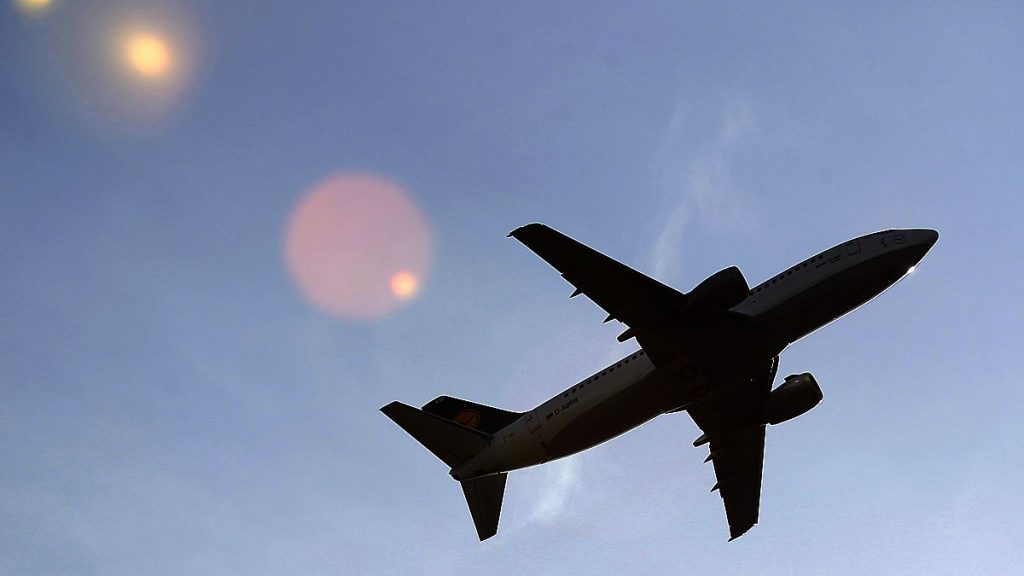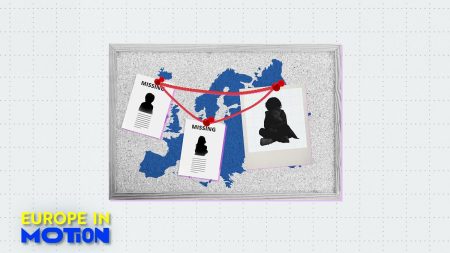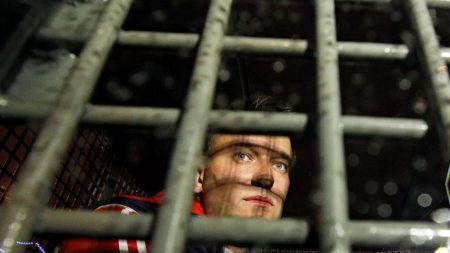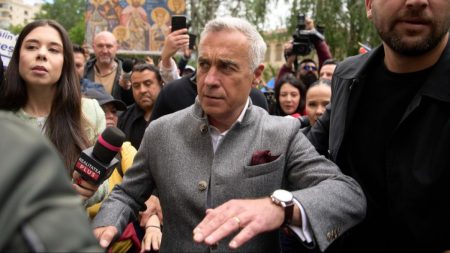Summarize this content to 2000 words in 6 paragraphs in Arabic
The European Commission wants to hike levies on fossil fuels as it seeks to radically cut carbon emissions — but EU members remain divided even if a proposed kerosene levy seems to have fallen by the wayside.
ADVERTISEMENTEU proposals to reform energy taxation to favour of greener options remain in limbo despite a Hungarian suggestion to retain a carve-out for airlines and shipping, a meeting of finance ministers revealed today.The European Commission stepped into a delicate area of policy in 2021 when it proposed to update decades-old rules on electricity and fuel levies, as it seeks to reach net-zero carbon emissions by 2050.With all 27 EU members enjoying a veto over changes to European tax policy, its proposal is now the only uncompleted part of its green Fit-for-55 package of legislation designed to drive emissions to 55% below 1990 levels by the end of the decade.As Euronews revealed in September, Hungary suggested scrapping plans to tax aviation and shipping fuel – in effect maintaining a longstanding exemption that the Commission had hoped to end – in a failed bid to break the deadlock.Budapest’s idea was condemned as “absurd” by environmental groups, and the EU commissioner now responsible for both tax and climate policy, Wopke Hoekstra, has highlighted the inconsistency in charging around 50% tax on petrol for cars, and none at all on kerosene for planes.But countries such as Italy, Greece and Cyprus appear concerned about the impact on competitiveness if the EU goes it alone and raises taxes.”The specific proposal may cause problems to tourism through increasing costs to aviation and waterborne navigation,” Greece’s finance minister Kostis Hatzidakis told his counterparts at a meeting in Brussels, noting the rules wouldn’t apply to rival, non-EU destinations such as Turkey or North Africa.While France, Sweden, Denmark and others favour a more ambitious law, EU tax legislation requires unanimity among 27 members — to Hoekstra’s evident chagrin. ‘Clearly outdated’The existing law, unchanged since 2003, was “clearly outdated”, Hoekstra told ministers while bemoaning the current aviation tax exemption. “If one sector does less, other sectors need to do more; there’s an element of fairness here,” he said.International transport is exempted from fuel duty by longstanding global treaties, but the EU had hoped to raise taxes at least for journeys within the bloc. The aviation sector, meanwhile, argues that it already pays for pollution via Brussels’ emissions trading scheme.The issue is also hugely political after a period of soaring inflation linked to high energy prices. A green levy on petrol and diesel triggered France’s yellow vest protests back in 2018, and a planned electricity tax hike was one of several unpopular measures that led to the fall of French prime minister Michel Barnier’s government this month,Chairing his last summit before handing the EU Council Presidency to Poland in January, Hungary’s finance minister, Mihály Varga appeared to concede he had failed to navigate competing, and perhaps conflicting, demands.”Work on energy taxation directive files should continue,” Varga told his fellow ministers, before ending with a positive spin. “We are generally moving in the right direction,” he said.
rewrite this title in Arabic Governments remain deadlocked over energy taxation reform
مقالات ذات صلة
مال واعمال
مواضيع رائجة
النشرة البريدية
اشترك للحصول على اخر الأخبار لحظة بلحظة الى بريدك الإلكتروني.
© 2025 جلوب تايم لاين. جميع الحقوق محفوظة.














